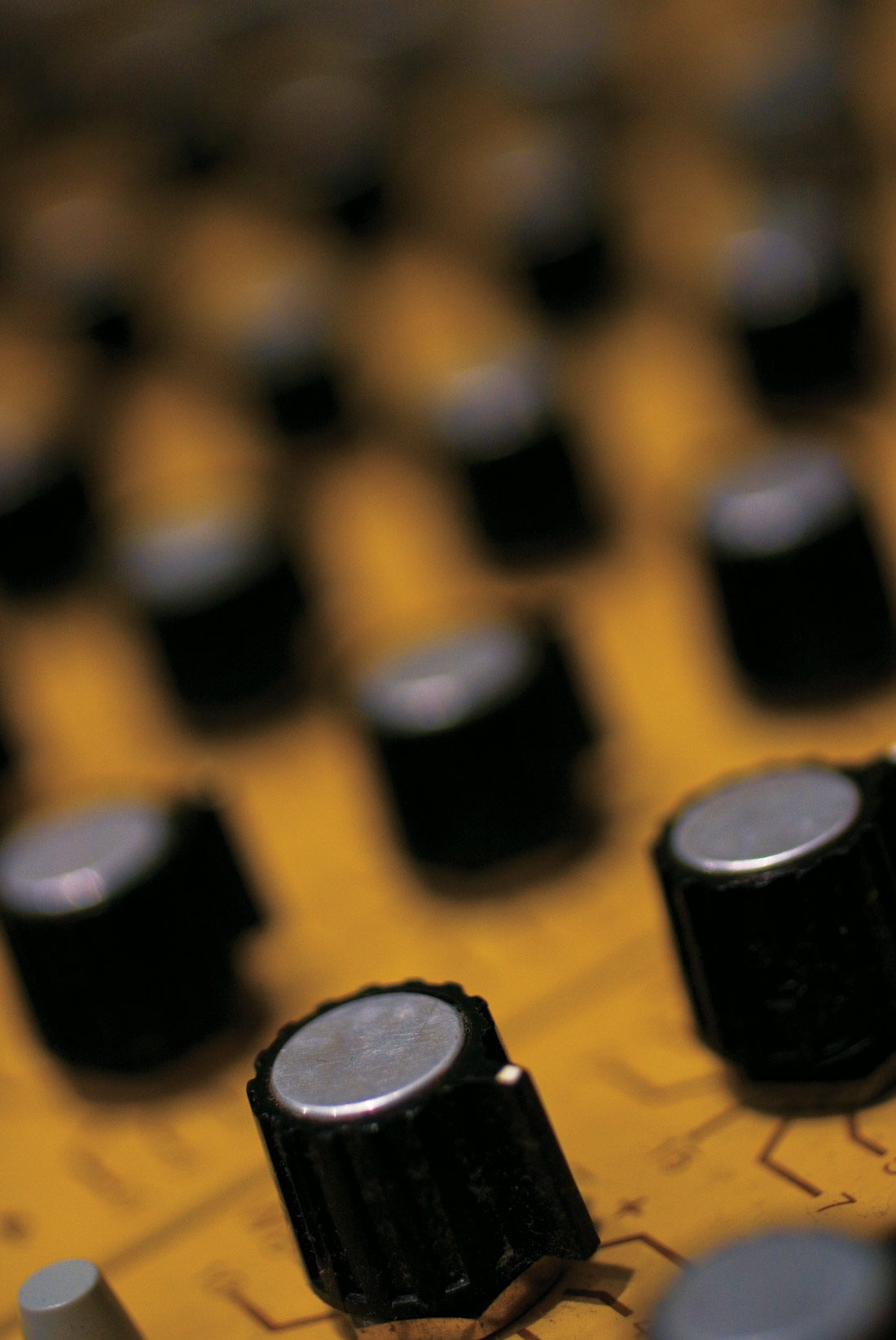Okay, let's get this straight:
Last issue I wrote an End Rant entitled "Purity and Honesty in Recordings." In this piece of over-the-top, satirical writing, I attempted to lampoon the idea of creating a set of impossibly tight-fisted, analog-based rules to be imposed on others during the recording process. Unfortunately, despite my attempts to make this piece come off as ridiculous as possible, many people took it as a serious statement of intent. I was shocked and amazed that anyone reading this would think it was a real set of rules, especially given that I proposed a system of certification from which Tape Op would financially benefit! Yikes. No way.
Are there any rules that should be adhered to while recording music? Sure — I find myself placing limitations on aspects of every album I record and produce. But these are self-created rules to help focus the project at hand, and even these rules get tossed out at times in order to achieve what needs to be done.
Should anyone impose his or her own rules on others who are involved in the creative process of recording music? I would hope not. The variety of recording equipment and the techniques used to help capture and create this art form should be left as wide open as possible. Anyone who feels the need to tell others that they are "recording the wrong way" is so full of shit I don't know where to begin. When we interview someone and they have something to say about how they like to record, are they inferring that others are working in lesser ways? A number of people wanted to point out that T Bone Burnett's "rules" seemed as ridiculous as my satirical ones — I completely disagree. I feel that his thoughts and processes are generating results, and in no way does T Bone come across as someone who expects others to only work in his manner. Sure, someone like Steve Albini may have a seemingly strict methodology in the studio, but he ain't out there telling anyone to follow his rules. See our "Letters to Tape Op" for various thoughts on T Bone's interview from last issue.
Keep everything as wide open as possible in the creative process, and then define your project with any limitations and rules you feel will bring the best results. We all have a myriad ways of recording audio and making records, and that is why we can fill issue after issue with interesting people making interesting music.
And please, read more carefully next time, Larry Crane, editor
PS: At the time I was receiving the initial confused and accusatory responses to "Purity and Honesty in Recordings", I was also beginning the first sessions for a "solo" album at The Hangar in Sacramento, CA. Ironically enough it's being recorded in Pro Tools with lots of editing, nudging, plug-ins, drum triggers and plenty of processing. In fact, you'll see later as I report more, this record would be very expensive and more difficult to do in the analog realm. I used the tools best suited for the job — in my opinion!

